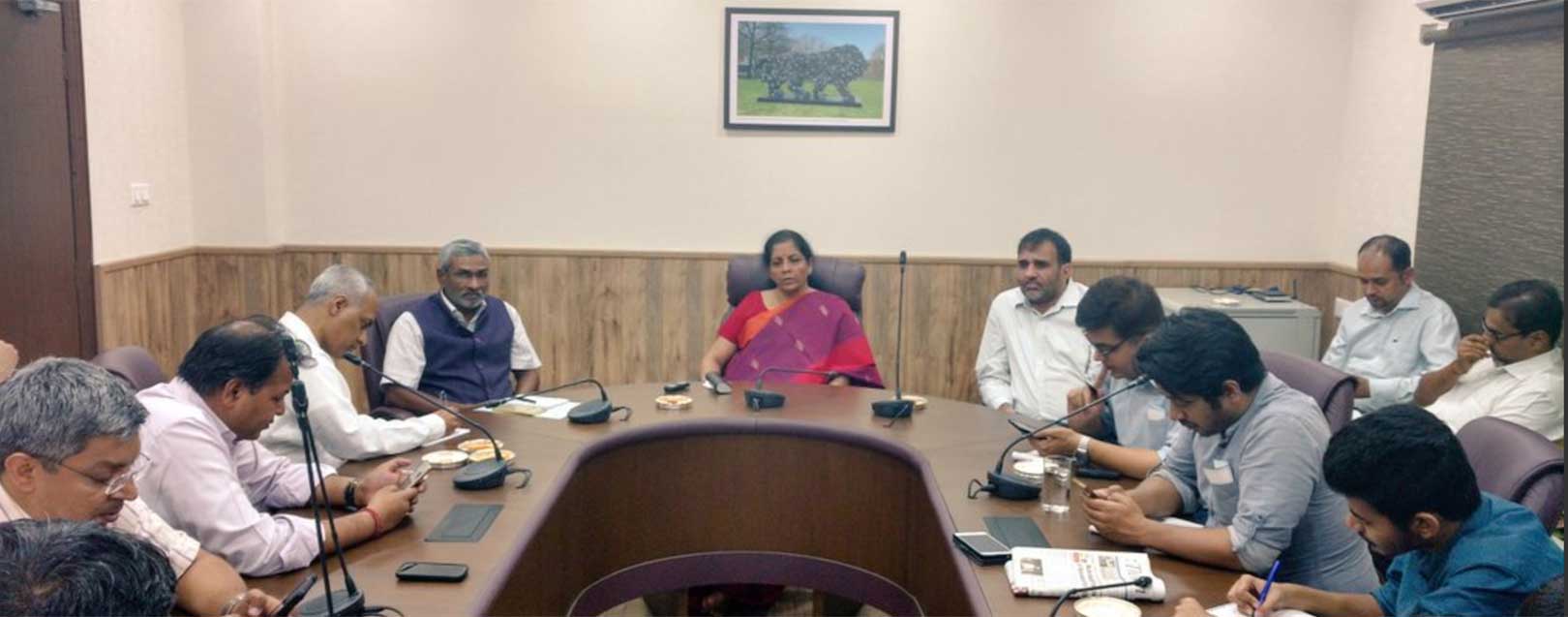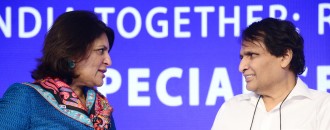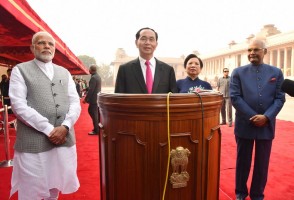
CIM underlined the importance of Services to gather the full potential of RCEP
The Dollar Business Bureau
Upon her return to India, Commerce Minister Nirmala Sitharaman gave a press briefing on the discussions, deliberations and developments that happened at Hanoi during the proposed Regional Comprehensive Economic Partnership meet.
On day 2, 22nd May, she said the ministers took stock of the state of negotiations across various negotiating groups and sub-working groups, particularly in the area of goods, services and investment. She pointed out that while considerable progress was made several areas still needed some finality.
Referring to the protectionist measures adopted by some countries she said that the negotiations for the services sector were either slowed down or stalled. Though the Indian side put up a valiant fight to protect its industry in goods, discussions on the services front remained tight.
Further rounds of discussions and negotiations are needed for a mutual beneficial outcome she said. She stressed the importance of Services for realizing the full potential of RCEP that recognized varying areas of strength and comparative advantage of participating countries, and allowed countries to balance sacrifices and gains.
According to media reports emerging from Hanoi, the protectionist thought was in such force at the meet that many RCEP members were not only hesitating to give offers to India for improved facilitation of movement of its workers, they were reluctant to even give commitments regarding freezing the current levels of market access that they offered to other countries. This is a worrying trend as gains from the services will not be much for India since countries like Australia have already tightened their visa norms.
“When positions are tightening globally, you find that the negotiation on services is also getting tighter. On goods, the negotiation is moving, but on services it is not moving at all. It can’t be moving so fast in goods, that nothing happens in services,” Sitharaman said.
Referring to the GATS principles, she said that the way forward could be to build an ASEAN +1 FTAs in a manner consistent with GATS principles.
On Movement of Natural Persons (MNP) and promoting the RCEP Travel Card India, she said she put her point across strongly and emphasized its position, for facilitating easy movement to professionals who can visit the 16 countries listed in group. The finalisation of this deal is likely to take place next year.
She stressed that countries need to distinguish between temporary movement of professionals and immigration. Professionals involved in activities like installation, trouble shooting, training, maintenance, investment management etc., should not to be confused with those intending to immigrate she said as the distinction was essential across the entire dimension of good and services trade, and investment.
The CIM pointed out that a selective approach to the detriment of Services would not be in the best interest of RCEP negotiations, and would be failing to acknowledge, promote and protect the strength and mutually beneficial nature of the current relationship, where Indian companies with limited expatriate presence had created over 100,000 local jobs in the RCEP countries, apart from cost saving and enhanced competitiveness.





 to success.
to success.